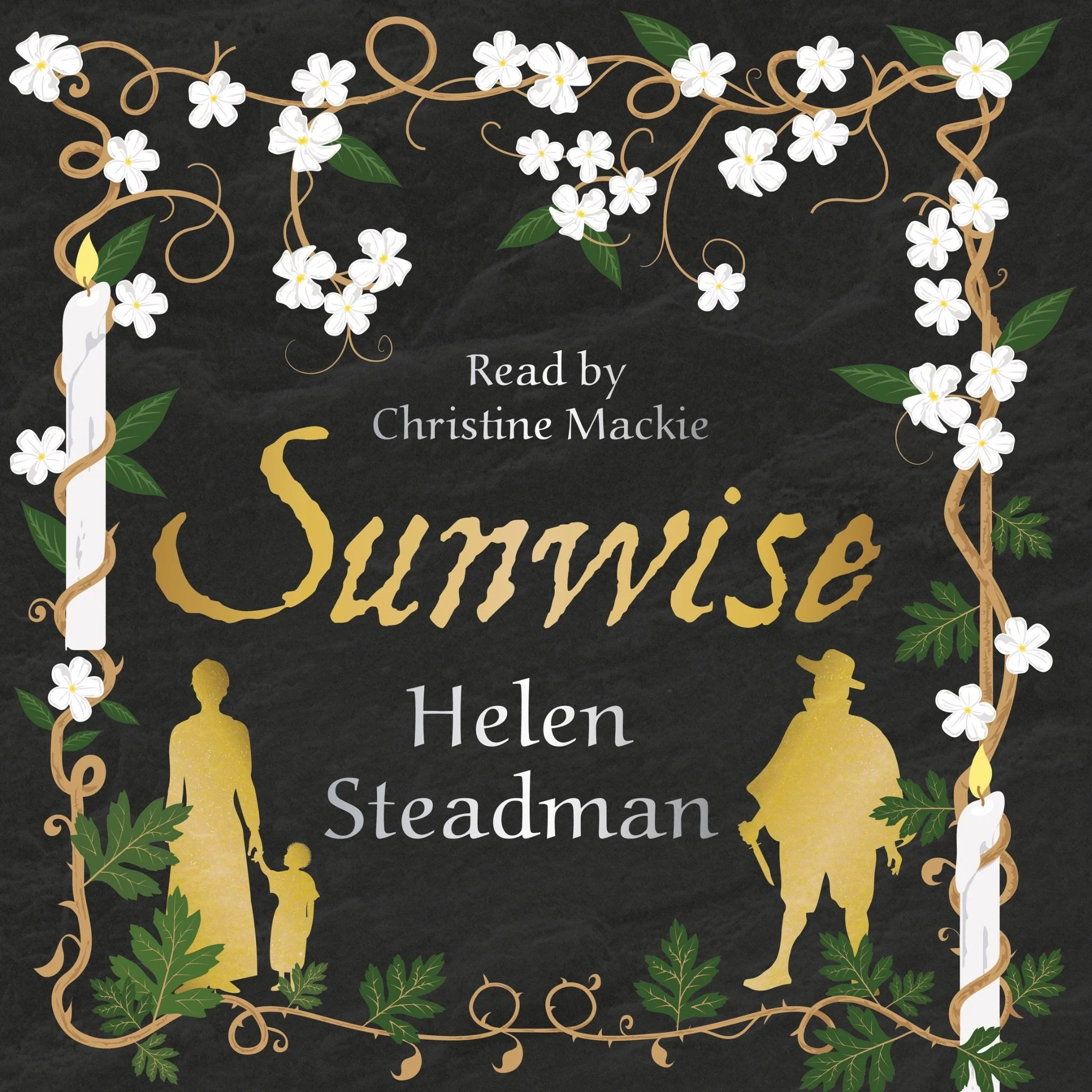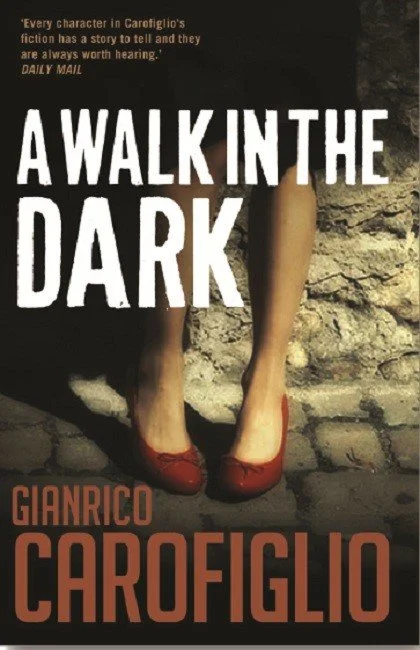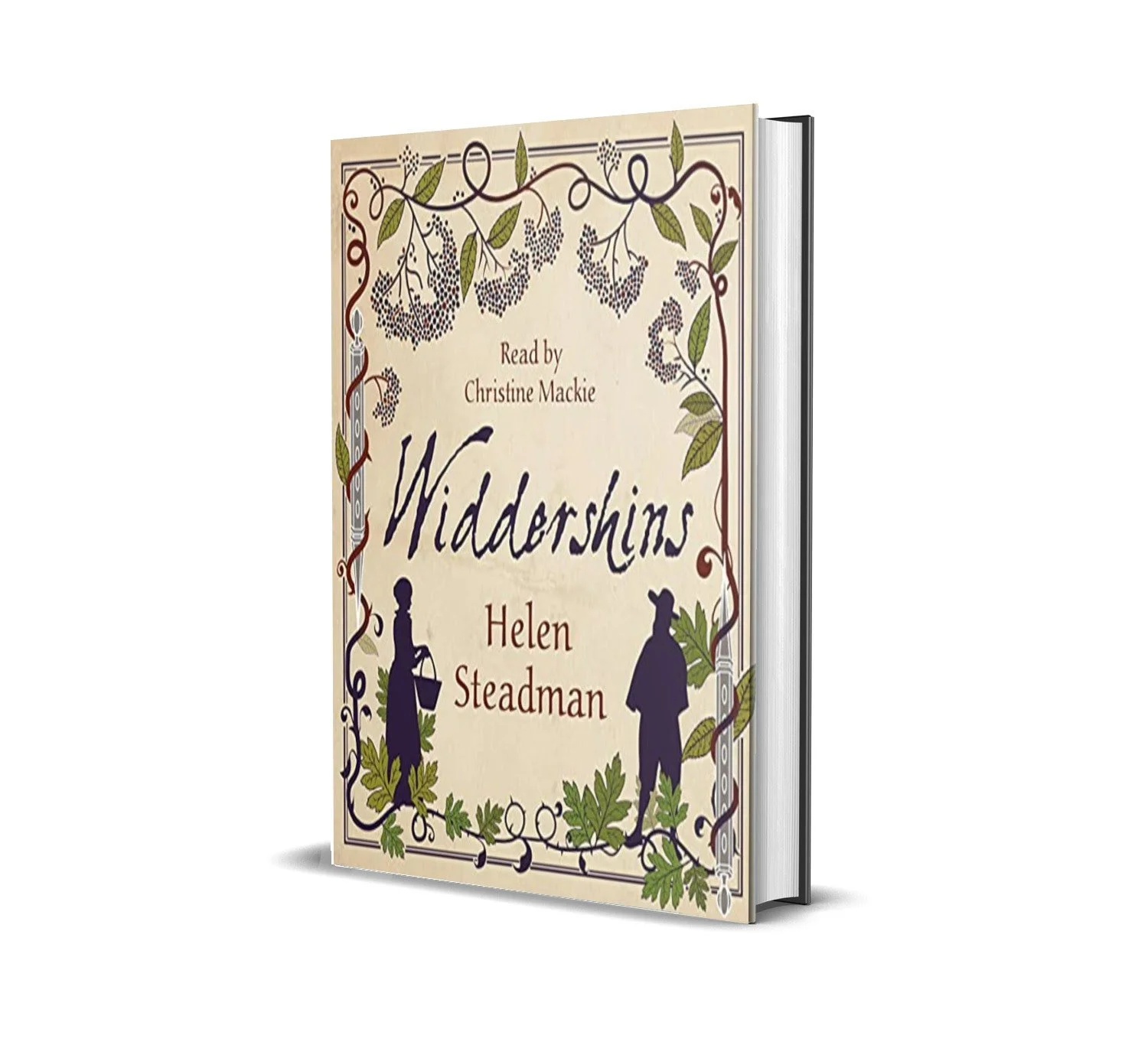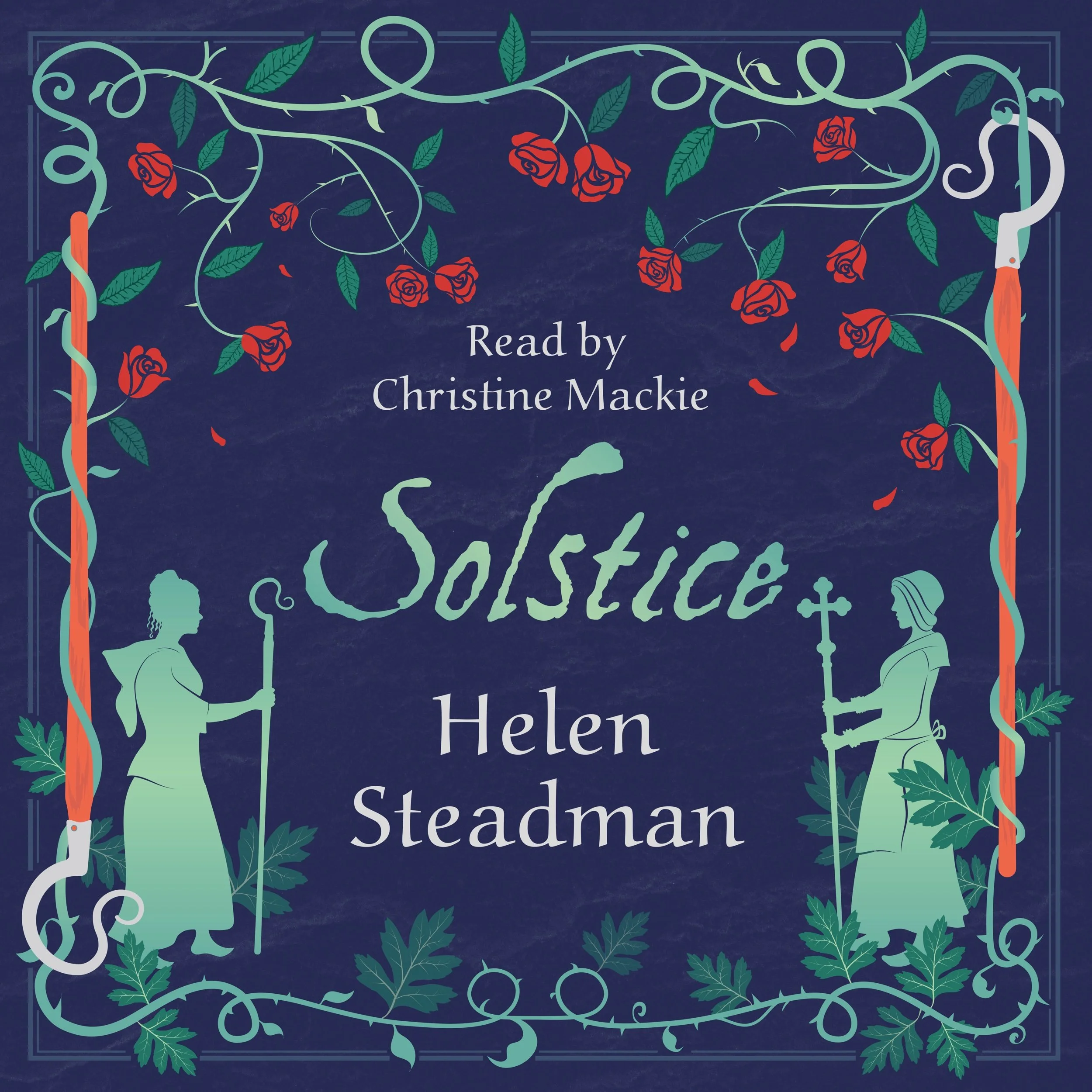Sunwise by Helen Steadman
Sunwise is the sequel to Helen Steadman's best-selling novel, Widdershins. Both novels were inspired by the Newcastle witch trials, where 16 people were hanged. Despite being the largest mass execution of witches on a single day in England, these trials are not widely known about.
Sunwise continues the story of women’s struggle for survival in a hostile and superstitious world. Spurred on by the successful execution of sixteen proven witches, the witchfinder travels north to Berwick, where he continues his quest to rid the world of evil. But will he hoodwink the Berwick authorities as easily as those in Newcastle?
Sunwise begins after the Newcastle witch trials as Jane Chandler’s lover, Tom Verger, returns from the navy to find her unhappily married to his betrayer. Jane is caught in an impossible situation. Still reeling from the loss of her mother at the hands of the witchfinder, Jane has no choice but to continue her dangerous work as a healer while keeping her young daughter safe.
As Tom seeks a way for him and Jane to be together, the Scottish witchfinder is still at large. Filled with vengeance, John Sharpe will stop at nothing in his sworn mission to free the world from the scourge of witchcraft.
The Historical Novel Society said of Sunwise: “The novel is rich in fascinating details: Jane’s remedies and the village customs, partly Christian, partly pagan. Ancient names for plants and festivities, both seasonal and Christian, add colour to the narrative. Jane’s story is based on true events, and Jane represents the many women whose healing gifts made them victims of superstition and violence.”
Recommended for anyone who has enjoyed Stacey Halls' The Familiars, Beth Underdown's The Witchfinder's Sister, AK Blakemore's The Manningtree Witches, Elizabeth Lee's Cunning Women, Louisa Morgan's A Secret History of Witches, Jeanette Winterson's The Daylight Gate, Madeline Miller's Circe, or Deborah Harkness' A Discovery of Witches.
About the author
Dr Helen Steadman is a historical novelist. Her first novel, Widdershins and its sequel, Sunwise were inspired by the Newcastle witch trials. Her third novel, The Running Wolf was inspired by a group of Lutheran swordmakers who defected from Germany to England in 1687.
Despite the Newcastle witch trials being the largest mass execution of witches on a single day in England, they are not widely known about. Helen is particularly interested in revealing hidden histories and she is a thorough researcher who goes to great lengths in pursuit of historical accuracy. To get under the skin of the cunning women in Widdershins and Sunwise, Helen trained in herbalism and learned how to identify, grow and harvest plants and then made herbal medicines from bark, seeds, flowers and berries.
The Running Wolf is the story of a group of master swordmakers who left Solingen, Germany and moved to Shotley Bridge, England in 1687. As well as carrying out in-depth archive research and visiting forges in Solingen to bring her story to life, Helen also undertook blacksmith training, which culminated in making her own sword. During her archive research, Helen uncovered a lot of new material and she published her findings in the Northern History journal. Helen is now working on her fourth novel.
Review
‘Sunwise’ was a brilliant continuation to the story from ‘Widdershins’ and still had the magical feel to the writing, had a great development of the characters and narrative. I would suggest that you do need to read the first one as there a lot of mentions and exploration of the themes and plot points. Don't get me wrong you could enjoy it as a standalone but I think there is more to it if you read / listen to both!
‘Sunwise’ continues to uses the POV’s of Jane and John Sharpe and they are a great juxtapose as Jane is full of light and love, whilst John is well evil incarnate! I don’t think I have hated a character as much as I have John Sharpe out of all the books I have read this year. This is a testament to the standard of Helen’s writing and how amazingly Christine narrates the audiobook. To provoke this response shows how well she has portrayed him. I loved how the historical aspects shined through once again and the breadth of knowledge is outstanding. As a history nerd, I loved it. Again it has inspired me to look more into which finders, especially the Scottish ones like John Sharpe.
Once I got to the last hour of the audiobook I knew we were counting down to the big showdown and the tension you could have cut with a knife. Plus, when you reached it, it was breathtaking in its drama and executed extremely well!
This was so lovely to return to a story which I adored in Widdershins. I wish there was more to come but alas I do not think this would be the case. Let me know if you listen to this one as it's a brilliant audiobook!








